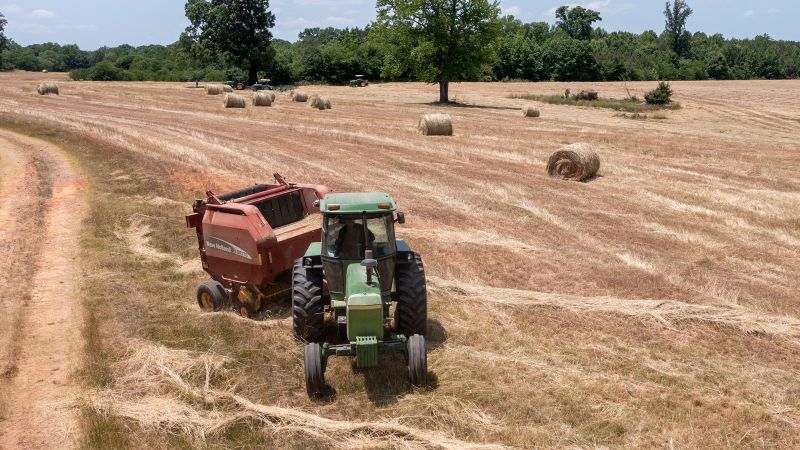The Biden administration has begun sending out millions of dollars in relief checks to farmers who have experienced discrimination in farm loan programs. President Joe Biden and the White House are emphasizing the payments as part of an effort to address inequities that have persisted, especially for Black farmers. The payments are being made to over 43,000 individuals, but come amidst a legal challenge by a group of Black farmers who argue that the Relief Program should be open to applicants filing on behalf of deceased relatives who faced discrimination. The Black Farmers and Agriculturalists Association, which has over 20,000 members, is seeking to pause the relief payment process and have their lawsuit reconsidered.
The farmers’ association is leveraging a recent Supreme Court decision that overturned a longstanding precedent governing how federal courts interpret agency actions. The decision to end the “Chevron” doctrine and require judges to exercise independent judgment in assessing compliance with relevant statutes is being used as a basis for challenging the USDA’s relief program. This legal challenge represents one of the first tests of how courts will interpret the new Supreme Court ruling, particularly with regard to previous decisions made under the Chevron doctrine. The USDA has declined to comment on the lawsuit.
Over 23,000 individuals will receive payments ranging from $10,000 to $500,000 as part of the relief program. Additionally, over 20,000 farmers and ranchers who were unable to receive loans for their businesses will receive $3,500 to $6,000. The relief funds are aimed at addressing discrimination faced by farmers, ranchers, and forest landowners in USDA’s lending programs prior to 2021. Despite concerns about the potential pause in the payment program, there is a recognition among some Black farmers that the relief is crucial for those in need.
There has been a significant increase in direct loan rejections for Black and Asian farmers in recent years. Data obtained through a Freedom of Information Act request shows that rejection rates for Black farmers steadily increased through 2022, with nearly half of Black applicants being denied loans in fiscal year 2022. Rejection rates for Asian/AAPI farmers also remained higher than for other racial groups. The USDA has acknowledged these disparities and has been working to dismantle systemic barriers to accessing loans, including implementing changes like an online loan application and simplified application process.
While the relief payments are seen as a step towards addressing historical inequities in farm loan programs, challenges remain in ensuring fair access to resources and opportunities for all farmers. The legal battle over the Relief Program highlights the complexities of addressing discrimination within the agricultural sector and the ongoing efforts to rectify past injustices. Moving forward, it will be important to continue monitoring and addressing disparities in loan access and support for farmers of all backgrounds.













